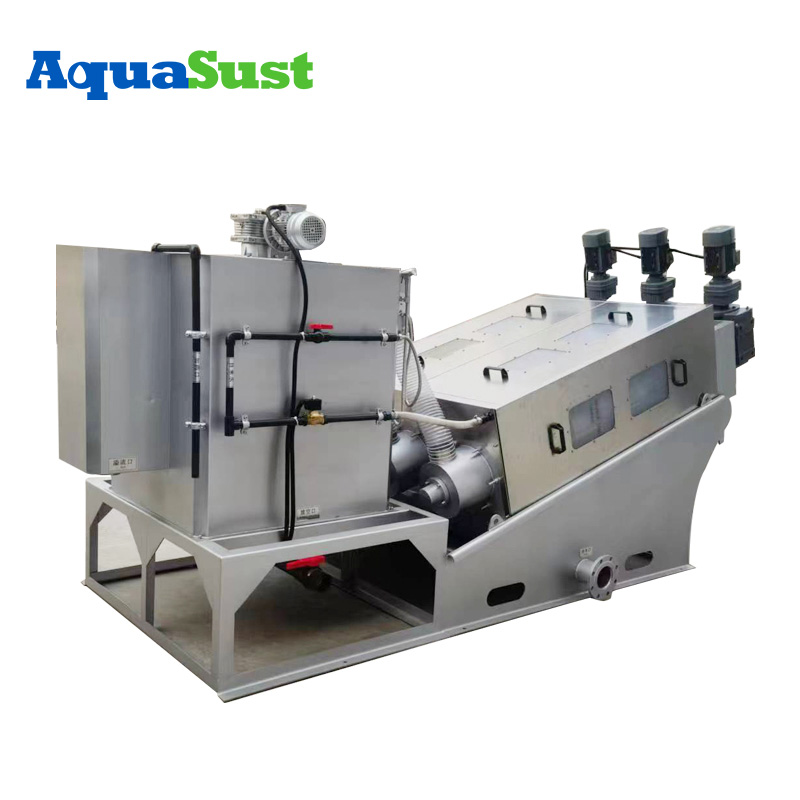 +86-15267462807
+86-15267462807
In modern agriculture and environmental management, the effective use of waste is important for improving soil quality and increasing crop yields. Sludge machine-treated solid wastes, especially sludge from livestock manure and industrial wastewater, can be used as soil conditioners after proper treatment. In this paper, the effect of sludge machine treatment products on soil improvement and its mechanism of action will be discussed.
1. Soil improvement effect
Sludge machine treated products are usually rich in organic matter and a variety of nutrients, such as nitrogen, phosphorus and potassium, which are necessary for plant growth. The use of these treated solid wastes as soil conditioners can improve soil fertility and water retention, thereby increasing crop yield and quality. In addition, this organic amendment improves soil structure and increases soil porosity, which helps root development and air exchange.
2. Mechanism of action
Organic matter replenishment: Sludge machine treatment product is a high quality source of organic matter and can significantly increase the organic matter content of the soil. The increase in organic matter helps to improve the structural stability of the soil and enhances the soil's ability to retain water and nutrients.
Nutrient release: Nutrients such as nitrogen, phosphorus and potassium contained in the solid waste treated by the sludge machine can be gradually released into the soil, providing a continuous source of nutrients for plants.
Promotion of microbial activity: The addition of organic amendments can also promote the diversity and activity of soil microorganisms, which further release nutrients through decomposition of organic materials, and also participate in various biochemical processes in the soil, enhancing the soil's self-purification ability.

3. Application examples and benefits
Field applications have shown that applying organic amendments from sludge machine treatments to arable land can significantly increase crop growth rates and yields, and is particularly effective in low fertility or degraded soils. For example, in an improvement project implemented in one region, wheat and maize yields increased by more than 15 per cent following the use of sludge machine-treated livestock manure products.
4. Sustainability and future prospects
Although the use of sludge machine-treated products as soil conditioners brings many benefits, attention still needs to be paid to controlling the content of heavy metals and other potentially harmful substances in practical applications to ensure their safety and environmental friendliness. In the future, through optimising the treatment process and strengthening quality control, the application of sludge machine treatment products in soil improvement will be more extensive and effective.
Through the above analyses, we can see that the effect of sludge machine treatment on soil improvement is remarkable. This not only improves the quality of soil and crop yield, but also provides strong support for sustainable agricultural production.